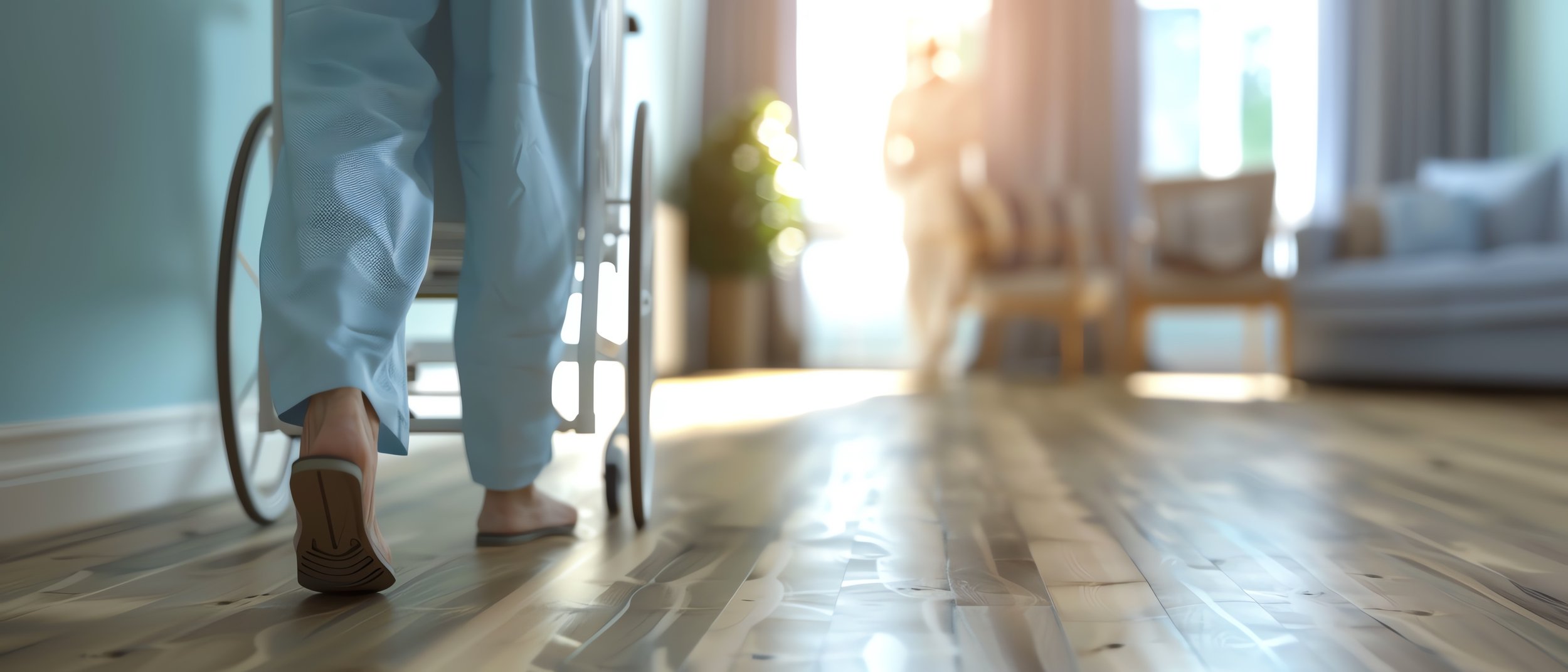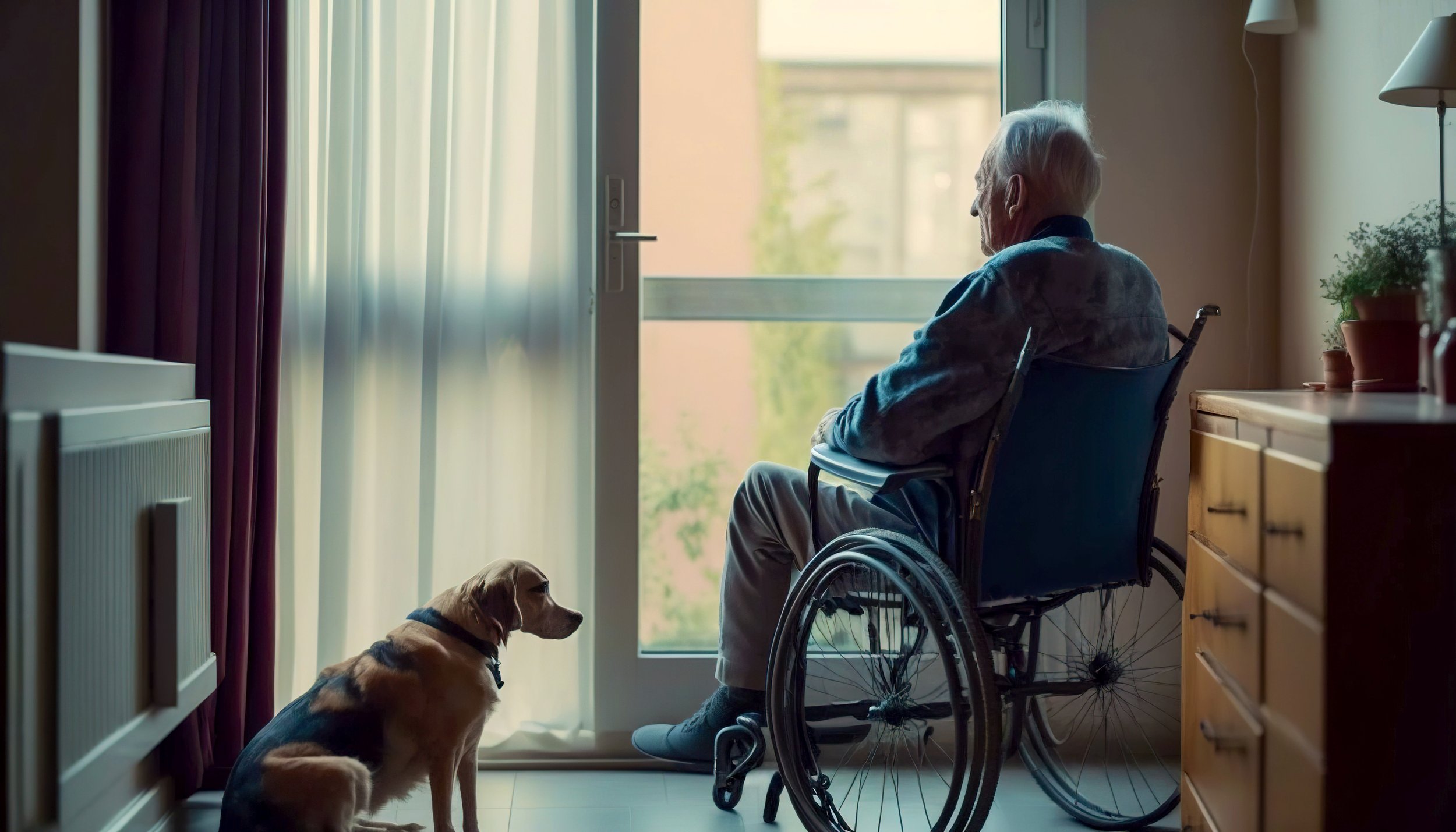
Nursing Home Negligence Lawyers
Compassionate Advocacy When Loved Ones Are at Risk
When a family member suffers neglect or abuse in a nursing home, the consequences can be devastating. At Edelstein Law, we protect your loved ones and hold negligent facilities accountable. Licensed in both Pennsylvania and New Jersey, our experienced team provides the guidance and aggressive representation you need to secure justice and fair compensation.

Understanding Nursing Home Negligence
Nursing home negligence occurs when a facility or its staff fail to provide the standard of care required by law, leading to harm or injury. Key indicators include unexplained injuries, sudden weight loss, unsanitary conditions, and emotional withdrawal. Recognizing negligence early is crucial to preserving evidence and protecting your loved one’s well‑being.
Types of Nursing Home Negligence
Our team handles all forms of substandard care, including:
Physical Abuse: Unwarranted force, restraints, or rough handling causing injury.
Emotional/Psychological Abuse: Verbal assaults, threats, or isolation leading to mental distress.
Medication Errors: Incorrect dosages, missed medications, or unsafe drug interactions.
Neglect of Basic Needs: Failure to provide proper nutrition, hydration, hygiene, or assistance with daily activities.
Unsafe Facility Conditions: Unsanitary environments, poorly maintained equipment, or fire hazards.
Failure to Prevent Abuse: Inadequate staffing or supervision that allows residents or staff to inflict harm.
Differences in PA & NJ Nursing Home Negligence Laws
While both states aim to protect vulnerable residents, important distinctions affect how cases are handled:
Comparative Negligence:
Pennsylvania: Uses a pure comparative negligence system—recovery is possible even if the resident bears some fault, but damages are reduced accordingly.
New Jersey: Follows a modified comparative negligence rule—if the resident’s fault exceeds 50%, recovery may be barred entirely.
Statute of Limitations:
Both PA and NJ generally require claims to be filed within two years of the incident. Exceptions exist for delayed discovery or hidden injuries.
Civil Procedure Nuances:
New Jersey: May offer enhanced procedural safeguards for elderly plaintiffs, including stricter facility evidentiary requirements.
Pennsylvania: Features its own discovery and evidence rules, which can impact timelines and strategy.
Our dual‑state expertise ensures your case is tailored to the specific legal requirements in each jurisdiction

Nursing Home Neglect Frequently Asked Questions
Educational and Assistance for Nursing Home Negligence
For further information on civil litigation and nursing home regulations, visit these authoritative resources:
New Jersey Resources
New Jersey Courts – Civil Division:
njcourts.govNew Jersey State Bar Association – Civil Litigation:
njsba.com
Pennsylvania Resources
Pennsylvania Unified Judicial System – Civil Matters:
pacourts.us/civilPennsylvania Bar Association – Legal Resources:
pabar.org

Nursing Home Negligence & Abuse—It Stops Today!
If you or a loved one has been affected by personal injury, abuse, or systemic injustice, we invite you to contact us to learn more about how we can help. Our team of experienced attorneys and support staff are committed to providing exceptional legal representation and support and to achieving the best possible outcome on your behalf. Don't hesitate to reach out to us today to schedule a free consultation and take the first step towards justice and healing.
We are here to assess your case and guide you through the legal process. You can call us now to get started on your path to recovery and make sure your rights are protected. Set up a Zoom session or schedule time to come in to speak with our first class team of litigators and support staff. Your fight is our fight.
FREE INITIAL CONSULTATIONS
Take Action Now
Don’t let negligence steal your loved one’s dignity or safety. Time is of the essence to preserve critical evidence and hold the responsible parties accountable. Call Edelstein Law, LLP now at (215) 893‑9311 or submit our confidential online form to secure your free, no‑obligation consultation. Let our aggressive, compassionate team stand by your side—protecting rights, restoring justice, and ensuring your loved one receives the care they deserve.
Edelstein Law – Compassionate, aggressive, and dedicated nursing home negligence representation across Pennsylvania and New Jersey






